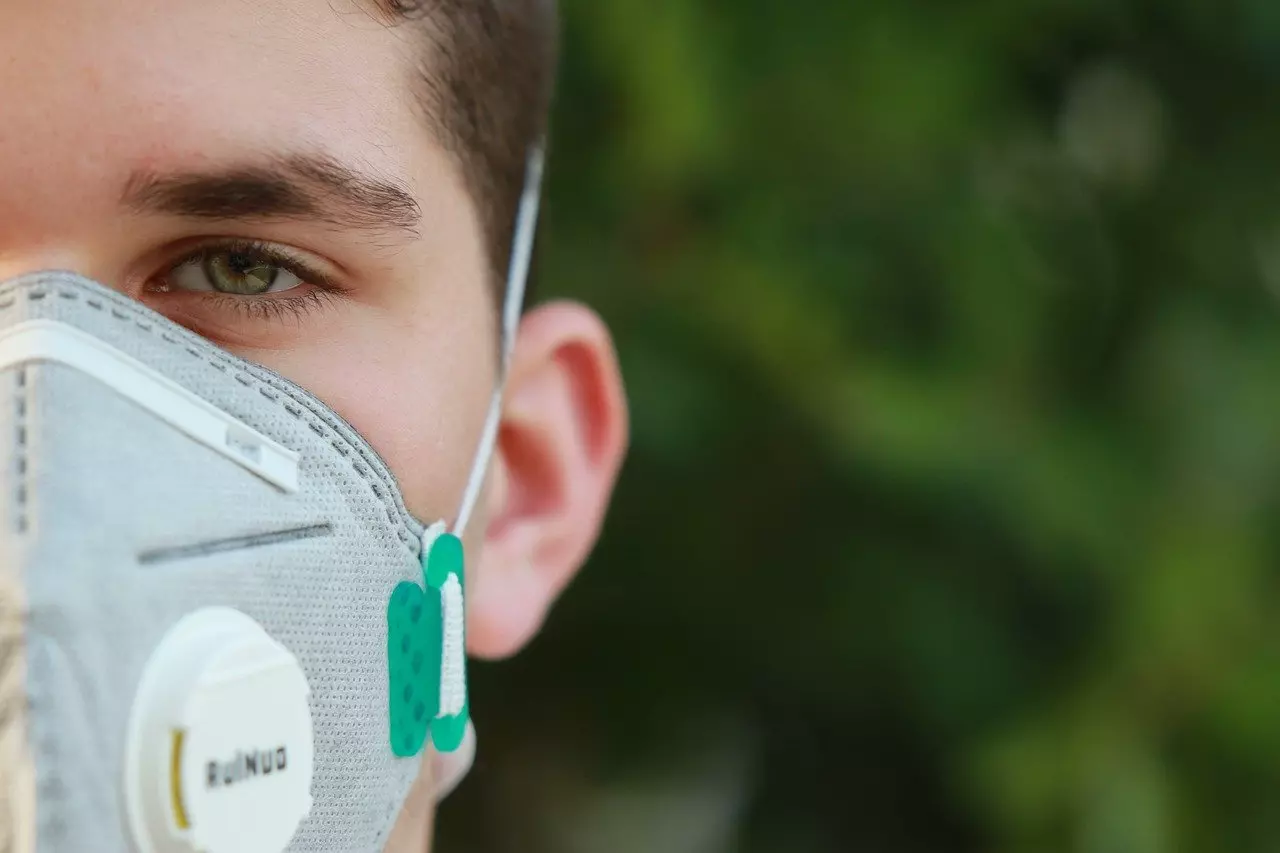Crisis brings out the best (and worst) in people
2020-01-21 | By Orcam Staff

During the early stages of the coronavirus outbreak, there was a definite reluctance, in the UK at least, to recognize the seriousness of the situation. The government was trying to follow the scientific model of the time to ‘flatten the curve’ and maintain some economic stability. The general population went about their business, on the whole, without much of a care. Then almost overnight things changed drastically! Italy and then France started to see massive growth in infection rates and all of a sudden, the science looked different, the curve didn’t look so flat anymore and the population woke up to a full-blown pandemic.
We’ve all seen those recent examples of the worst social behavior as panic buying hit the supermarkets and everyone seemed to clamber for supplies. Shelves emptied as people’s cupboards, garages, and spare bedrooms filled with twelve months' supplies of toilet rolls! The eventual virtual lockdown gave the shelves a chance to recover and most supermarket products are now available; if you can get there. In many cases, vulnerable or disabled people were finding it impossible to arrange their usual supermarket delivery as demand for these services has increased a hundredfold. And in some cases, due to strict social distancing policies perhaps being over-zealously implemented, disabled, blind, and partially sighted people were being turned away at the supermarket door. And of course, as you may expect, the media love to jump on these examples looking for bad news and reporting with sensationalist headlines.

However, the crisis also brings out the best in people. While support organizations such as Visionary, Disability Direct, and the RNIB are pressing the government for a clearer definition of levels of disability, to help prioritize delivery schedules, in the main, the supermarkets themselves are doing everything they can to offer support. Both Waitrose and Sainsburys informed me today that blind or partially sighted people would never be turned away. They would be allowed to shop with their guide and if they were on their own, they would be made comfortable while they waited for a member of staff to do the shopping for them. Many shops have also prioritized shopping hours for both NHS, older and vulnerable customers. Local charities around the country, such as The Link Scheme are also providing shopping and delivery support. The Wokingham branch where I live has one thousand volunteers.

OrCam works with many blind and partially sighted people, organizations, and charities. We are privileged to hear their inspirational stories and see many acts of both bravery and support. And of course, we are proud to play our part in working with our partners and charities to help improve people’s lives. We’ve all seen the incredible effort and sacrifices being made by our NHS staff every day. And although there are incredibly tough times ahead, unseen acts of human kindness are taking place all over the country. In the end, human compassion will prevail.



